Czeslaw Milosz: A Life
A new biography of one of the most significant poets of the past century shows what it was like to be politically engaged and spiritually conflicted in the 20th century.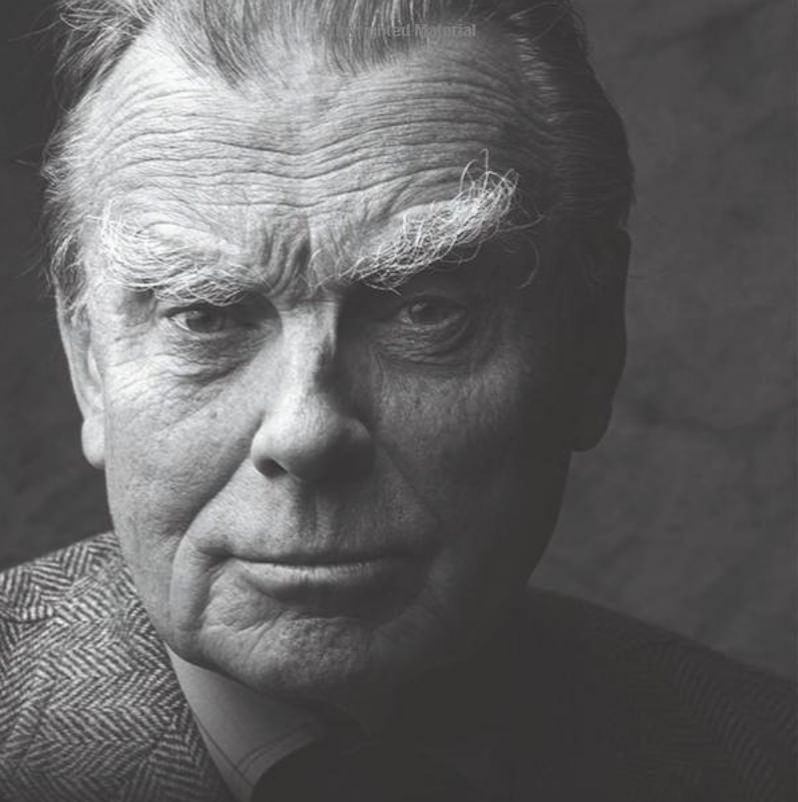 Poet Czeslaw Milosz. (Harvard University Press)
Poet Czeslaw Milosz. (Harvard University Press)
Poet Czeslaw Milosz. (Harvard University Press)
“Milosz: A Biography” A book by Andrzej Franaszek. Translated from Polish by Aleksandra Parker and Michael Parker.
At 4 in the morning on Oct. 9, 1980, Czeslaw Milosz’s phone rang. The caller was a Swedish journalist who informed him that he had just been awarded the Nobel Prize for Literature. “It can’t be true,” Milosz said, and hung up and went back to sleep.
This, at any rate, is the story Milosz told later. Most likely it isn’t true. But there is at least a grain of truth in it: Many people, not just Milosz himself, must have thought, “It can’t be true” on learning that the 69-year-old Lithuanian-born poet and author, who since the early 1960s had been laboring in obscurity as a lecturer at the University of California at Berkeley, had suddenly been transformed into a celebrity by winning the most prestigious literary prize on the planet.
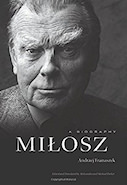 Milosz: A Biography
Purchase in the Truthdig Bazaar
Milosz: A Biography
Purchase in the Truthdig Bazaar
In America, he was practically unknown as a writer; most of his work had never been translated into English. In Poland, his writings had been banned for decades, ever since his 1951 defection to the West, which followed several years during which he worked as a diplomat for the Soviet-controlled government that had run the country since the end of World War II. There were those in Eastern Europe who remembered him, some with antipathy, labeling him a traitor, others with fondness and admiration. His work circulated, unofficially and in often in small, hand-produced formats, despite the efforts of the Polish regime to squelch it.
Those efforts could be considerable. Readers of Andrzej Franaszek’s new biography of Milosz — published in Poland in 2011 and now available in English thanks to translators Aleksandra and Michael Parker — will discover, in a passage that recalls Milan Kundera’s “Book of Laughter and Forgetting,” how the government physically removed copies of Milosz’s books from libraries and deleted him not only from encyclopedias but “even from the list of employees … using a retouching technique.”
Through the 1960s and ’70s, Milosz indeed felt erased. “I begin to doubt more and more,” he wrote to a friend in 1970, “whether my existence is not just the existence of a ghost at a spiritual séance … who cannot tell whether his knocking is picked up by anyone.” His doubt did not keep him from writing; neither neglect nor recognition could do that, and to the end of his life — he died in 2004 at the age of 93 — he remained astoundingly productive. But was there an audience? He said in a 1991 interview that he had at times resigned himself to being “a distinguished poet, satisfied with a dozen or so readers.”
After the Nobel, he had to resign himself to different things: to being categorized as a political writer, for instance. He had, of course, written about politics. Having endured World War II in occupied Poland, and having witnesseding Stalinist repression firsthand in the Eastern Europe of the postwar period, he could hardly avoid doing so. His classic 1953 book, “The Captive Mind,” remains a powerful and insightful diagnosis and critique of totalitarian ideology and collaboration. The Polish writer Tadeusz Kwiatkowski said that as a result of “The Captive Mind,” Milosz was “regarded in the intelligentsia and literary circles as the voice of our secret thoughts.”
Even so, the category “political writer” seemed to Milosz too confining and rather off the mark. “I was never interested in politics,” he wrote in 1962, “only, let’s say, meta-politics.” His primary interests lay with more eternal matters: religion, death, existence and the nature of sin and evil. From the vantage point of a deep if far from untroubled commitment to Catholicism, Milosz viewed modern thought and modern society — in particular, American society, which he got to know intimately after settling in California — as shallow, science-obsessed and spiritually impoverished, unable to take seriously the reality of evil.
Having directly experienced the real presence of evil more than once in his life, he embraced a Manichaeism view of the world as fundamentally hostile and life as a constant attempt to persist in the face of the forces of destruction and death. In his spiritual orientation, he found himself both following and resisting Samuel Beckett, of whom he wrote, “I regard Beckett very highly and feel strongly that I must do everything to defend myself from him.” His abiding interest — at times it rose to the level of rapture — was in the brute details of life, the concrete particulars that were constantly blooming before his eyes and immediately fading into oblivion.
The poems generated by this profound engagement with the conundrums of human existence constitute a body of work like no other in contemporary poetry. Franaszek’s intelligent and comprehensive biography should be read in conjunction with Milosz’s “New and Collected Poems: 1931-2001,” reissued this month by Ecco. Together they provide a detailed and at times startling portrait, not only of one of the most fascinating and significant poets of the past hundred years, but of what it was like to be alive, curious, politically engaged and spiritually conflicted in the 20th century.
— “Encounters” By Czeslaw Milosz Translated by Czeslaw Milosz and Lillian Vallee
We were riding through frozen fields in a wagon at dawn. A red wing rose in the darkness. And suddenly a hare ran across the road. One of us pointed to it with his hand. That was long ago. Today neither of them is alive, Not the hare, nor the man who made the gesture. O my love, where are they, where are they going The flash of a hand, streak of movement, rustle of pebbles. I ask not out of sorrow, but in wonder.
Wilno, 1936
From “The Collected Poems, 1931-1987.” ©Copyright © 1988 by Czeslaw Milosz Royalties, Inc. Used by permission of HarperCollins. — Troy Jollimore is the author, most recently, of “Syllabus of Errors: Poems.”
©2017, The Washington Post
Your support matters…Independent journalism is under threat and overshadowed by heavily funded mainstream media.
You can help level the playing field. Become a member.
Your tax-deductible contribution keeps us digging beneath the headlines to give you thought-provoking, investigative reporting and analysis that unearths what's really happening- without compromise.
Give today to support our courageous, independent journalists.
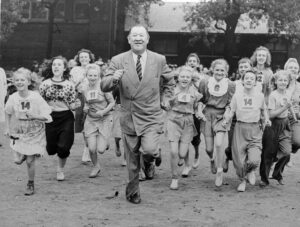

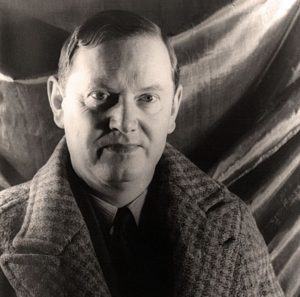
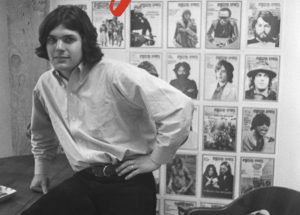
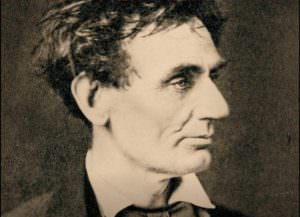
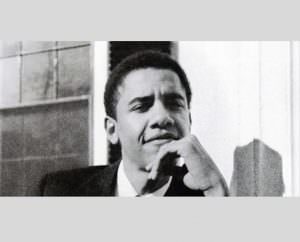
You need to be a supporter to comment.
There are currently no responses to this article.
Be the first to respond.